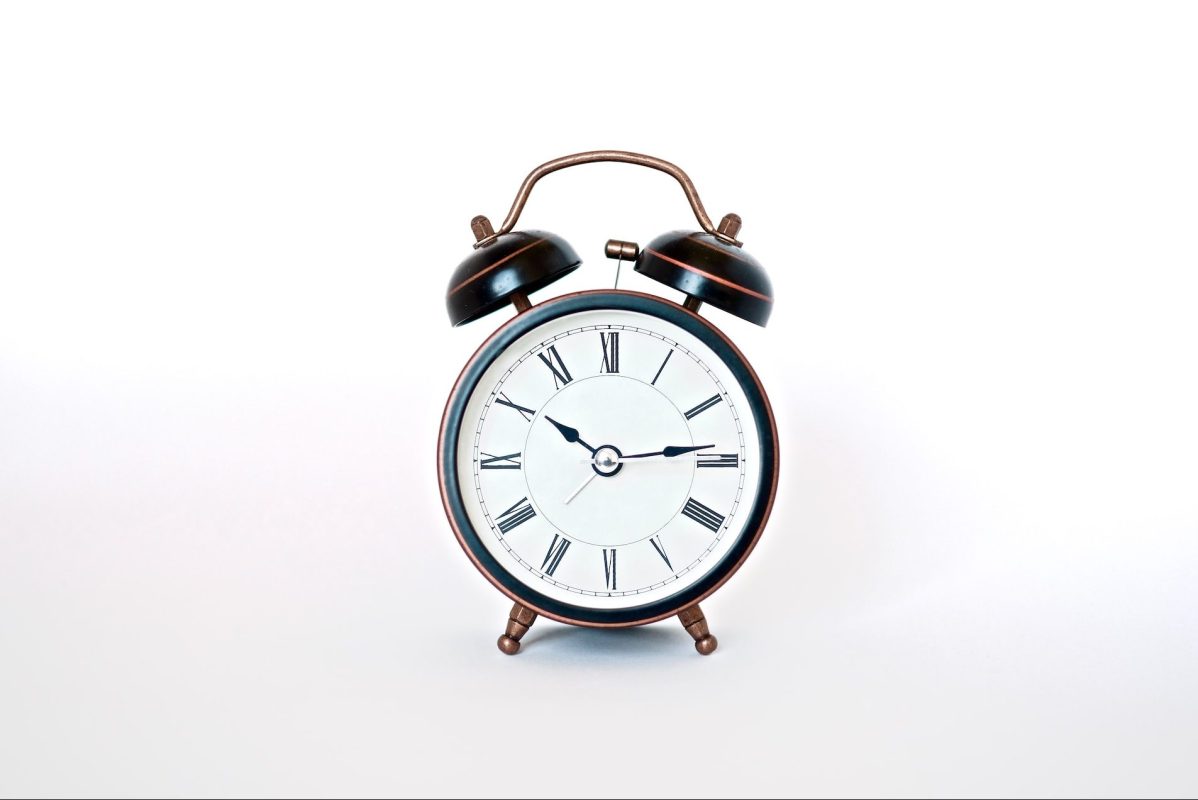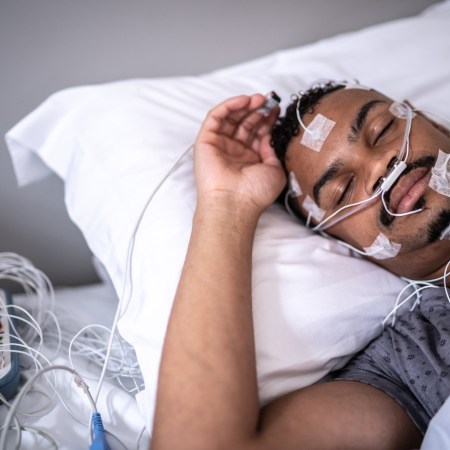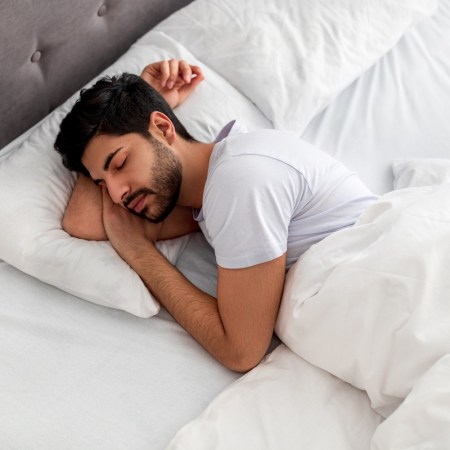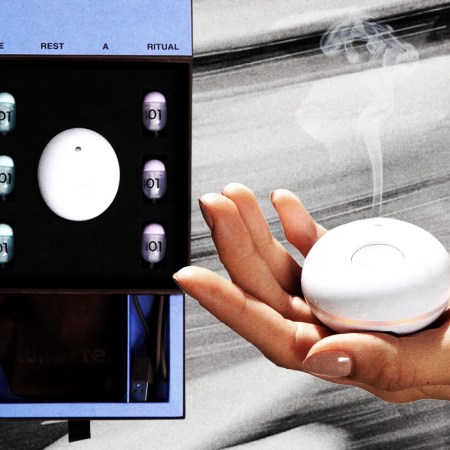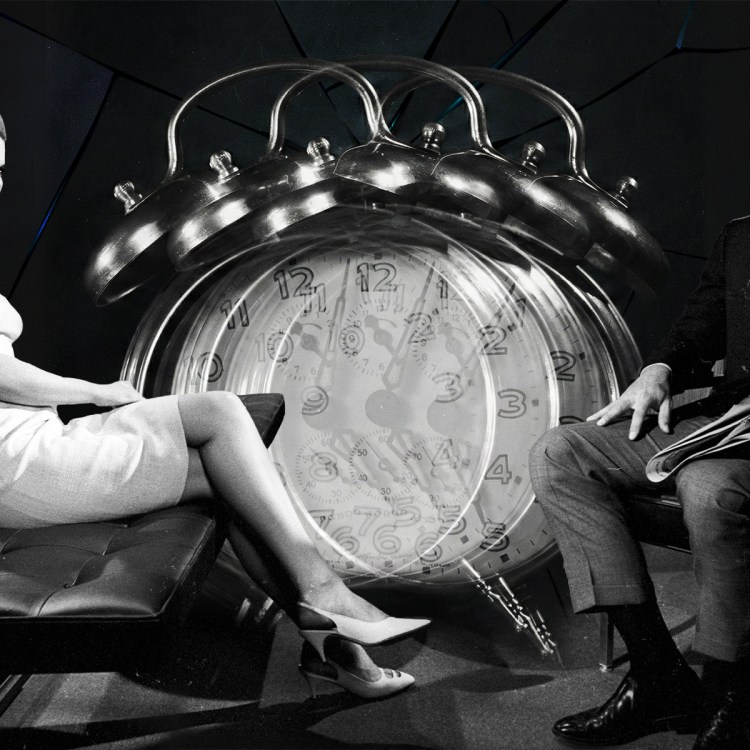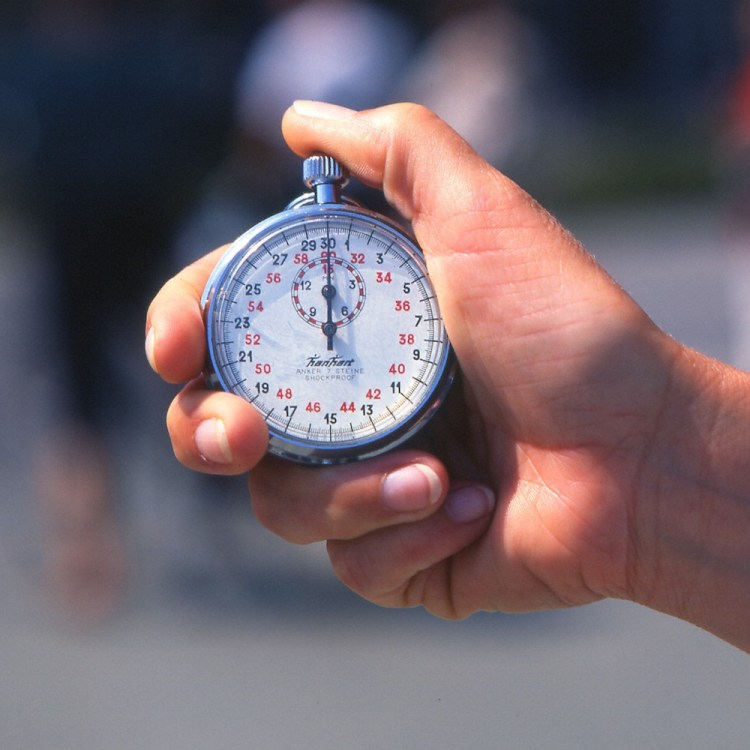Do you wake up before the break of dawn every morning? Or do you stumble out of bed closer to noon after a late night working? As it turns out, new scientific evidence has emerged that might resolve the early riser versus night owl debate once and for all, with the winner being…both. Or neither, depending on how you look at it.
That’s the gist of a new article in The Guardian that explores the impact of circadian rhythms and chronotypes on different people’s schedules. A chronotype, for those unfamiliar with the term, essentially means your body’s genetically preferred sleep cycle. It might be midnight to 8 a.m.; it might begin earlier or later.
The Guardian spoke with a number of experts in the field, including the University of Pennsylvania’s Dr. Phil Gehrman, who explained the various controversies and myths surrounding sleep cycles. “There are a lot of epidemiologic studies showing that being a night owl is associated with higher rates of depression and anxiety and all these things. But the open question is: is it the fact that you’re a night owl? Or is it the fact that most night owls are forced to follow a schedule that’s earlier than their circadian rhythm,” Gehrman said.
This is among the reasons that some experts have begun calling for more flexible work schedules — arguing, essentially, that workers will be able to get more done if they can work during the hours that are most compatible with their chronotype. It’s the kind of argument that has both an emotional and a pragmatic case to be made for it — and we’ll see what the coming years have in store.
The Charge will help you move better, think clearer and stay in the game longer. Subscribe to our wellness newsletter today.
